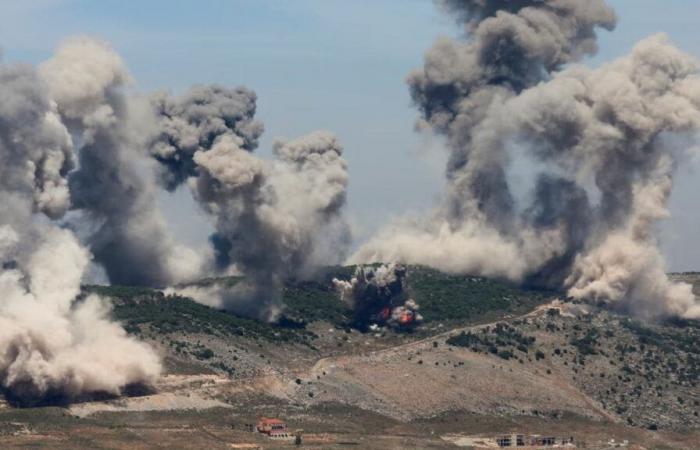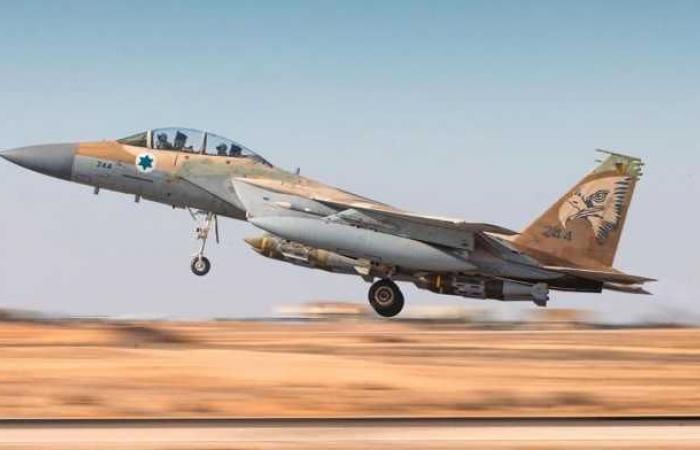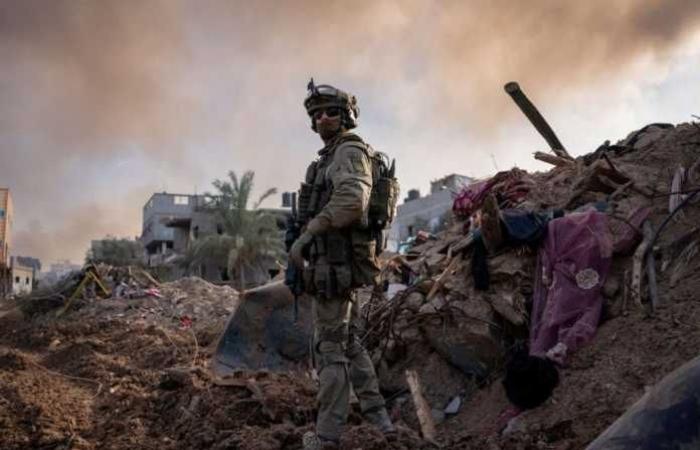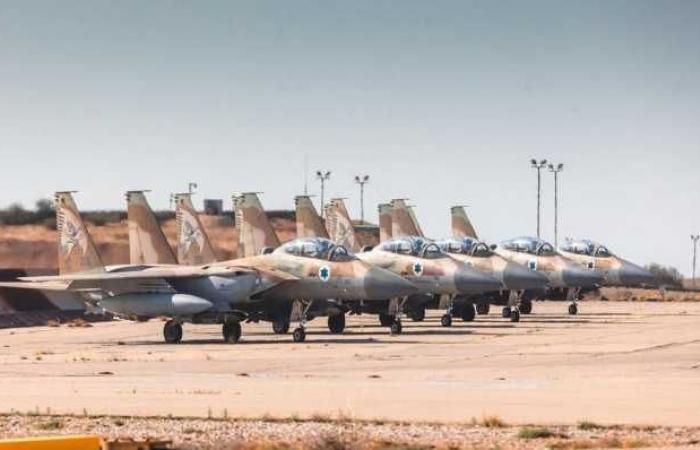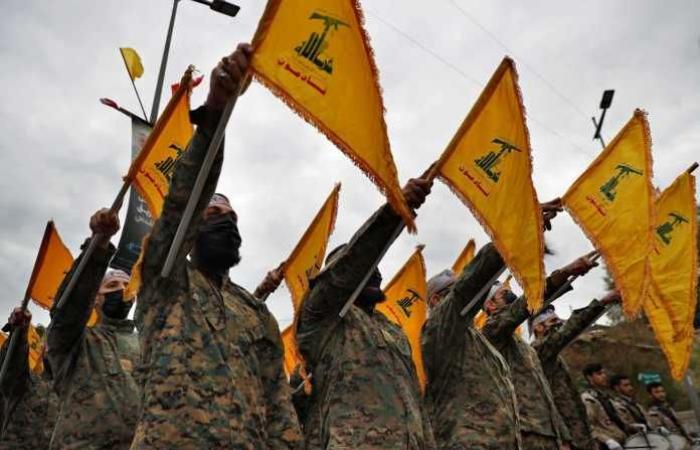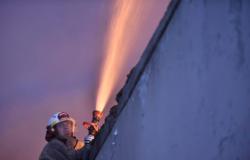The Israel defense force (FDI) launched on Thursday one of its largest recent air operations against objectives in the south of Lebanon, thus intensifying its military strategy against Hezbollah in a context of growing regional tension. According to Lebanese security sources and confirmed Reuters, at least 14 bombings were executed in the Nabatieh regioncausing visible smoke columns several kilometers away.
The attacks, which took place about 12 kilometers from the border with Israel, marked a turning point in the dynamics after the High fire mediated by the United States In November 2024. That agreement had established the withdrawal of Israeli five positions in the Lebanese south and prohibited the presence of armed groups south of the Litani River. However, both parties have accused each other of breaches. The IDF claims to have attacked “Hezbollah Operational Infrastructure”, while the Chiita Organization – resulted by Iran – did not issue official comments at the close of this edition.
Since the beginning of the war in Gaza in October 2023, Hezbollah has been publicly aligned with Hamas, which revived the Northern Front of Israel. Although the Lebanese organization had announced the withdrawal of its southern fighters, The continuity of attacks from Lebanese territoryattributed to Palestinian cells, but interpreted by Israel as an indirect violation of the truce, has been used as an argument to justify the new aerial incursions.
Israel executes new bombings in Gaza with a high number of civilian victims
In parallel to attacks in Lebanon, Israel’s defense forces intensified their operations in the Gaza Strip. According to data from the red crescent and local authorities, at least 92 people died in the last 24 hours. Israeli Defense Minister Yoav Gallant declared that the objective of the new military phase is to “completely neutralize Hamas’s operational capabilities”, given a possible reconfiguration of his leadership after almost two years of continuous conflict.
The increase in operational intensity in Gaza occurs while the Israeli security cabinet authorizes new phases of military mobilization, and with little progress in the diplomatic mediation channels promoted by Egypt and Qatar. Israel maintains its position of not accepting fire without the delivery of hostages.
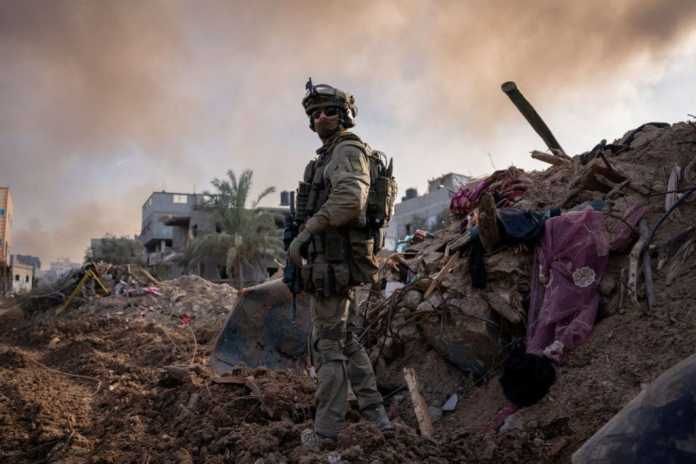

Israeli attacks in Syria include targets in the capital Damascus
Another active front is Syria. On May 2, Israeli combat aircraft made precision attacks on objectives in the vicinity of the presidential palace in Damascuswhich motivated a strong conviction by the Syrian government. According to official means, the bombing caused material damage and would have had as white positions used by proirani militias.
-The Israeli authorities pointed out that the operations were an response to movements of the new Syrian leadership that could favor the deployment of offensive capacities on the southern border, especially against Druss communities in the region. Although Israel does not usually confirm attacks on Syrian soil, these bombings are added to a long series of undercover operations that seek to limit Iranian influence in Syria.
Evaluation of the Israeli strategy on multiple conflict fronts
The current operating pattern suggests that Israel maintains a Simultaneous pressure strategy on Hezbollah, Hamas and the allied forces of Iran in Syriawith the aim of deterring any coordinated action against its territory. The use of precision technology and furtive platforms such as F-35 indicates a preference for aerial superiority in the face of the option of land incursions, although an expanded deployment is not ruled out if the situation is aggravated.


Since the beginning of 2025, Israel has intensified cooperation with the United States regarding satellite intelligence and antimile defense, and a renewal of its naval capacity in the Eastern Mediterranean is expected to reinforce regional coverage. This logic of preventive containment, however, is being increasingly questioned by international organizations to the growing number of civil victims.
Hezbollah insists that he has no active armament south of the Litani River
The deputy secretary of Hezbollah, Naim Qassem, recently stated that his organization complies with the terms of the ceasefire agreement and that “there are no active positions or armament in the south of Litani.” This statement contrasts with reports from the Israeli Intelligence Service that ensure the existence of medium -sized missile deposits and clandestine logistics networks.
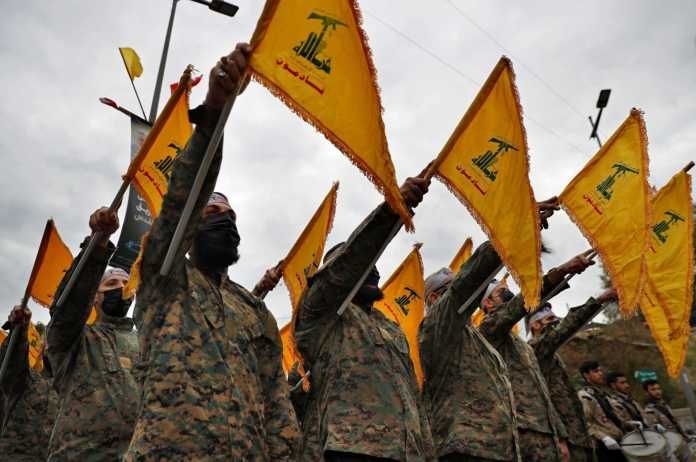

In turn, Hezbollah has avoided awarding recent attacks with rockets thrown from Lebanon to Israel, attributed by the Lebanese government to Palestinian militias. However, Israel considers that The ultimate responsibility lies in Hezbollah for its territorial and operational control over the regionwhich reinforces its justification narrative for aerial actions. After these episodes, attacks in the South Beirut suburbs, historical bastion of the Shiite organization have also been recorded.
You may be interested: Israel attacks Saná Airport in Yemen after the recent huti attacks

